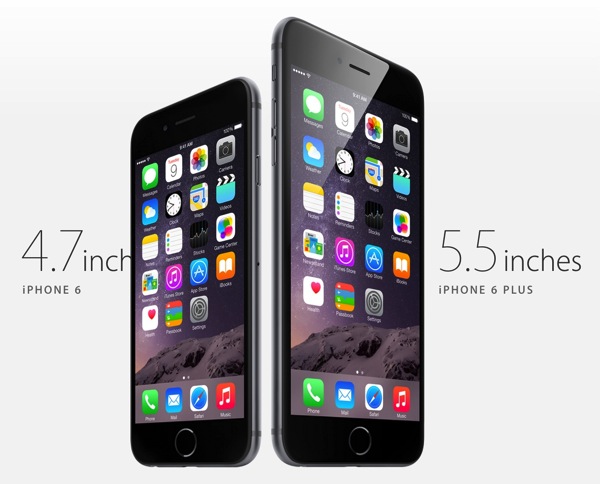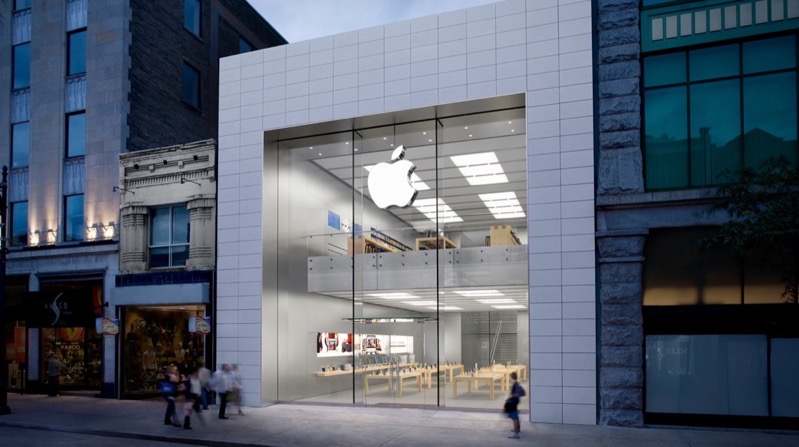
JP Morgan Chase Economist: iPhone Has “Measurable Impact” on U.S. GDP
The iPhone 6 and iPhone 6 Plus are selling like hotcakes across the globe: 10 million units were sold in 10 countries within 72 hours, there were 20 million pre-orders in China, and now the iPhone is allegedly outpacing the Galaxy Note 4 in Samsung’s homeland, as Apple has made a major upgrade.

Such insanely high sales have a measurable impact. Actually, as Michael Feroli, the chief US economist for JPMorgan Chase, says, iPhone sales are adding up to one-third to the annualized growth rate of a gross domestic product percentage point, as cited by the New York Times.
We all know that since the iPhones are mostly made overseas, they affect the economies of the countries involved in Apple’s supply chain. But the financial impact of that “tiny” (it depends on which one you hold, though — the 6 or the 6 Plus) device starts with Apple, which makes huge profits from it.
The iPhone accounts for up to 70% of Apple’s overall profit, according to Toni Sacconaghi, analyst at Sanford C. Bernstein.
“Apple is now so big that it takes a lot to make it grow appreciably,” Mr. Sacconaghi said. It’s producing an impressive interrelated ecosystem of products and services, including its forthcoming digital watches, its new digital payment system, its revived Mac line, refreshed iPads and new software operating systems. Even if all of its ventures succeed, none are likely in the next year or two to rival the financial impact of the iPhone. “The iPhone is the core of Apple right now,” he said.
But there is much more: Apple is apparently the driving force of the stock market as well, since it is the biggest company in the world in terms of market capitalization. Oh, and, by the way, the iPhone “engine” accounted for 18% of the entire rise of the S&P 500 index this year, according to Paul Hickey, co-founder of the Bespoke Investment Group.
All that because the iPhone is selling like hotcakes: 39 million units were sold in the past quarter alone. But you know what, there is even more: the iPhone is at the core of the stock market. Even if you don’t buy an iPhone and don’t own Apple stock, one of the pension funds you may be connected to in some way likely holds Apple shares. Apple is apparently the biggest holding because of the iPhone. What will happen with the market if the iPhone stops selling?

